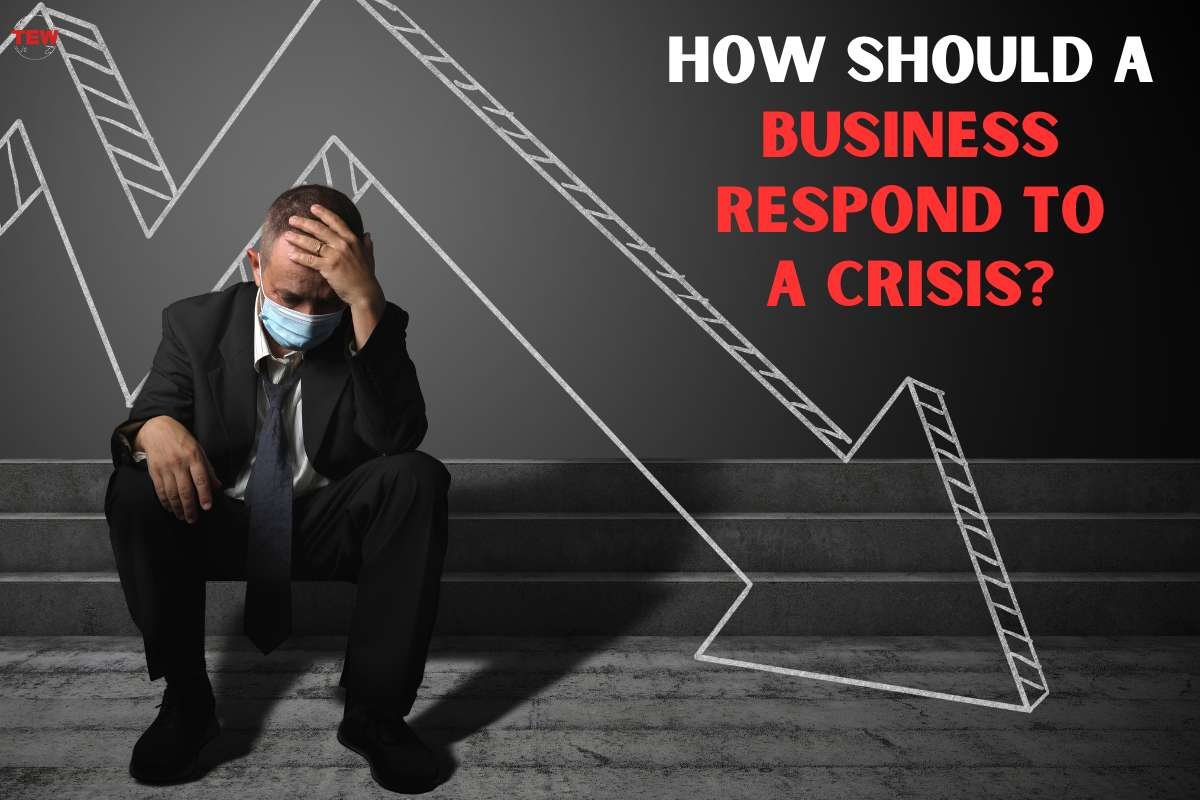When a crisis hits, do your business and team know how to respond to a crisis? Various crises can significantly impact your business and its operations, whether it’s a natural disaster, a highly publicized scandal, or a global pandemic. But with the right approach, you can navigate these challenges and emerge much more robust than ever on the other side of the bridge.
If you’re a business owner, it’s best to know how to respond appropriately to crises your company may face in the foreseeable future.
Look no further. Companies such as public relations (PR) agencies are well-versed in how businesses should face challenges and emerge as resilient and well-rounded organizations. Experts such as Primary Comms Group PR Agency can be an example your business can look into. With years of experience in crisis management, they have helped countless organizations respond effectively to crises and protect their reputations.
What can business owners like yourself learn from PR agencies about respond to a crisis? Check out the steps below to learn more.
1. Determine Which Crises You Should Respond To
Not all crises require a response from your business. It’s vital to assess the situation and determine whether it’s something that your company needs to address. Why? It’s because your company only has limited resources and time; hence, allocating them to insignificant business crisis response efforts is detrimental to your company.

For instance, the COVID-19 pandemic is a big crisis that no business can pay no heed to. Other examples include cybersecurity attacks carried out against your company network infrastructures, ethical breaches done by your management team, and so on. Yet there may be other, more minor issues that don’t require a response from your business.
2. Identify Important Company Stakeholders
Once you’ve determined that you need to respond to a crisis, the next step is to identify the essential stakeholders. These are the people who’ll be most affected by the crisis and your response to it. This could include customers, team members, shareholders, suppliers, and business partners, and the like. Don’t forget to consider their needs, expectations, and others in how you’ll make your business move.
3. Determine How You And Your Team Will Respond
Now that you know the most important stakeholders, it’s time to determine how you’ll respond to a crisis. This could involve issuing a statement, providing support to those affected, or taking other actions to mitigate the impact of the problem.

Take the following as a working example. Say your company’s systems will have to undergo a significant upgrade in the coming months. This will render your customers unable to access your systems – constituting a downtime period. How are you going to respond to a crisis?
Because the abovementioned incident isn’t instantaneous, you and your team enjoy the advantage of being able to make preparations beforehand. Work with your whole team in laying down a crisis response plan that’ll benefit mainly your customers that’ll be affected. Then, inform your clients of the update and how it’ll impact them. Lay down different instructions or options they can use so they’ll experience very minimal hardships during the downtime.
4. Empower Your People
In times of crisis, it’s important to empower your employees and give them the tools they need to respond effectively. This could involve providing training in crisis management, giving them the authority to make decisions on behalf of the company if they belong to upper management, and the like.
Involving your whole team in your crisis response protocol will make them feel responsible and motivate them to think not just for themselves but for the welfare of the company and its important stakeholders as well.
5. Move From Crisis Management To Business Continuity

Once the immediate crisis has passed, it’s time to focus on business continuity. This involves taking steps to ensure your business can continue operating despite the challenges posed by the crisis to avoid suffering from massive losses.
6. Create A Plan Of Response For The Future
Finally, it’s important to learn from the crisis and create a response plan for the future. This could involve updating your crisis management plan or taking other steps to ensure that you’re better prepared for future crises. Learn from your mistakes, if any, so that you and your team will not repeat them in future responses.
In Conclusion
For businesses, respond to a crisis effectively involves assessing the situation, identifying important stakeholders, determining how you and your whole team will respond, empowering your team members, focusing on business continuity, and planning for the future. By following the steps listed above and working with experienced professionals, you can navigate any crisis your company may face and emerge much more resilient than before.




